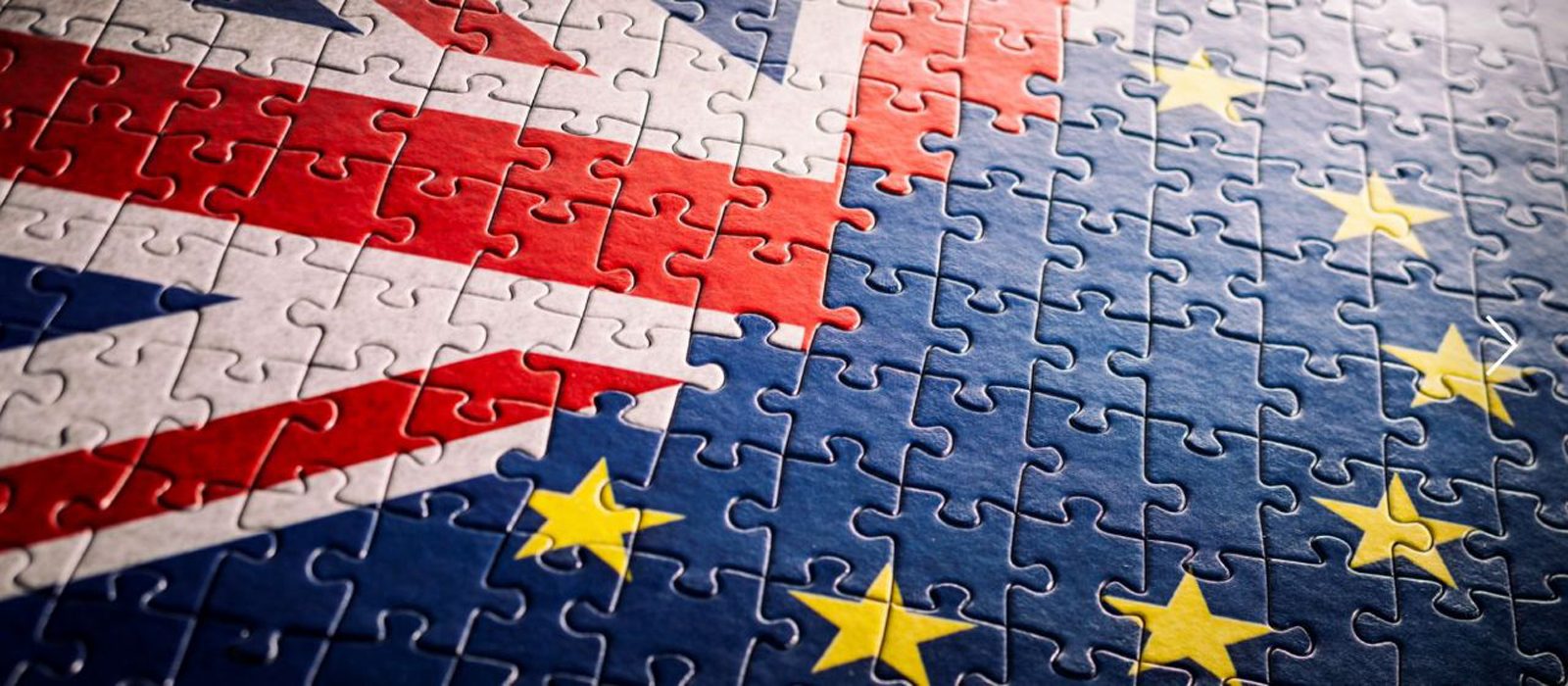Brexit Update

Let’s be clear. There will be no re-running of the referendum, no attempt to derail Brexit, and no half-in, half-out relationship with the EU. Comments that you may have seen from some that we should have a second referendum are completely misguided. Quite apart from the enormous cost to the public purse for rerunning the vote (Ms Sturgeon, take note!), the referendum campaign was fought and the public gave its verdict. The mandate given by the electorate on June 23rd 2016 was the largest for any issue or party in the UK’s history, and turnout was the highest at any election since 1992.
So, there will be no attempts to remain inside the EU, no attempts to re-join it and no second referendum. The country voted to leave the EU and it is the duty of those of us in Government to make sure we do just that.
Turning to the latest in the ever-increasing good news stories about Brexit, you’ll be heartened to hear that #ProjectFear continues to unravel. In late December, the Centre for Economics and Business Research (CEBR) admitted that they had been too gloomy about Brexit and that they had got their forecasts wrong. Despite previously saying that our economy would slow down because of a drop in consumer spending and confidence, they have now concluded that since the referendum the City has increased its lead as the world’s financial centre.
This was supported by Ian Stewart, Chief Economist of Deloitte, who has said that “we are not seeing the apocalyptic slowdown which some feared would happen at the time of the referendum or any signs of a de-rating of our competitiveness”. The UK economy, currently the sixth-largest in the world, is now expected to overtake France by 2020. Our powerful services industry again picked up pace in December, growing more quickly than at any point since 2011, and the manufacturing sector is seeing the steepest rise in new business since 2000. Chris Williamson, Chief Business Economist at IHS Markit, called the economy’s performance in Q4 “a stellar end to 2017” which “rounded off the best year for over a decade”; he also noted that hiring is at a 17-year high, meaning more families have the security of a stable pay-packet.
When even the former permanent secretary to the Treasury, known as “The Architect of Project Fear”, Lord Macpherson, has admitted that the economic impact of Brexit should be limited, you know that we must be doing something right. We haven’t seen the recession threatened by the Bank of England’s Monetary Policy Committee in the month before the referendum, and I am gratified that the view of many of us Leavers that the economy would be just fine is being borne out.
The economist Patrick Minford, professor of economics at Cardiff University, has produced a new report that suggests a “no deal” outcome from the Brexit negotiations would lead to a £500bn loss for the EU and a £600bn gain for the UK. He concludes in his analysis, “it could not be more open and shut who least wants a breakdown. For the UK, a breakdown would be a short-term nuisance but a substantial economic gain; for the EU, it is both a short-term nuisance and a substantial economic loss”. Whatever the outcome of the negotiations, I am clear that we will make the most of the opportunities that leaving the EU presents. We are a global nation and we will be making new trade deals with countries from around the world.
It was good news therefore to see that Spain appears to be the latest in a growing list of EU countries that want to give us a good Brexit deal. In addition to the government in Madrid, the leaders of Italy, Poland, Hungary, Ireland and the Netherlands have all called for the EU not to punish the UK for Brexit.
The FTSE 100 and FTSE 250 closed in 2017 with record highs. The FTSE 100 index capped the year with its 24th record close, up 64.89 points, or 0.85 per cent, at 7,687.77, while the more domestically focused FTSE 250 also hit a new peak, rising 83.95 points, or 0.41 per cent, to 20,726.26. This was the second successive year that the FTSE 100 had closed out at a record high, confounding #ProjectFear’s expectations that the markets would shrink in the event of a vote to leave the EU.
The UK cemented its position as the European hub for technology start-ups. Our tech firms, dominated by London, received more venture capital investment than Germany, France, Spain and Ireland combined. The UK tech sector attracted around £3bn in investment in 2017, nearly double the amount raised in 2016, with £2.5bn going to London alone – four times more cash than our nearest European rival Paris.
I was particularly pleased to see that my colleague the Environment Secretary, Michael Gove, has confirmed that the “unjust” and “inefficient” subsidies of the EU’s Common Agricultural Policy will end, and farmers will instead be supported to become stewards of our beautiful rural environment. As I said when I was in the role, our priorities are “to grow more, sell more and export more Great British food, and to be the first generation to leave our environment in a better state than we inherited it”. Michael is doing a fantastic job in ensuring that our environment is enhanced by laws that focus on the needs of the UK, rather than 28 EU member countries.
Finally, I must say that I agree with Michael, Boris and Liam in their support for The Sun’s campaign for commemorative Brexit stamps to be issued to mark our independence day in March 2019; you can see one of The Sun's suggested designs at the top of this page. I think it would be an excellent way to celebrate leaving the EU, and I completely disagree with Royal Mail when they suggest that it isn’t an important event worth recognising. If they can produce stamp collections for Game of Thrones, Ladybird Books and Pink Floyd (and, in 1973, a set commemorating our accession to the EEC), then there’s no reason not to do so for Brexit!





